1. Don’t Draw First in a Duel

The unwritten code of the duel dictated that you never draw first unless you were facing certain death. This wasn’t about fairness—it was a legal loophole. If you drew second, you could claim self-defense, avoiding a noose if the law got involved.
2. Never Drink the Last of the Coffee
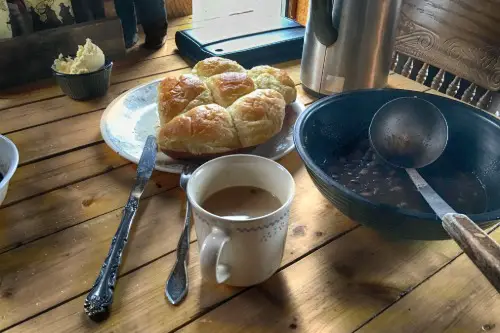
Cowboys were serious about their coffee. If you drained the last drop, you’d better make a fresh pot. Coffee was a communal lifeline on the trail, and hogging it could spark campfire drama faster than a rattlesnake bite.
3. Leave the Poker Table Without Debt

Poker wasn’t just a game—it was practically a religion. If you lost, you were expected to settle your debts before leaving the table, even if it meant giving up your saddle or boots. Honoring this rule was crucial to maintaining trust and avoiding violent disputes.
4. Don’t Ride Another Man’s Horse
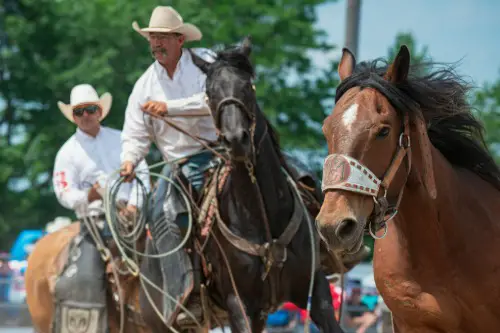
Touching another cowboy’s horse without permission was a huge no-no. A cowboy’s horse was his lifeline, transportation, and closest companion. Messing with it could be taken as a deep personal insult or even an act of aggression.
5. Never Call Someone by Their Real Name
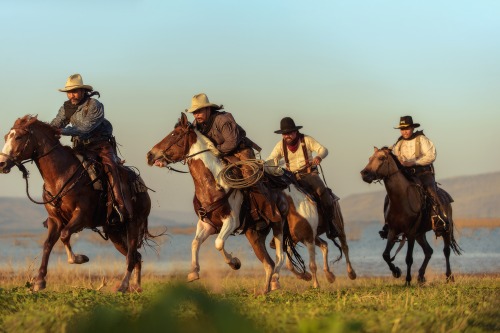
Cowboys were big on nicknames. Whether it was “Slim,” “Red,” or “Cookie,” using real names was rare. This habit helped keep things light-hearted and offered a layer of anonymity, which came in handy if someone was hiding from trouble (or the law).
6. Tip Your Hat to Women
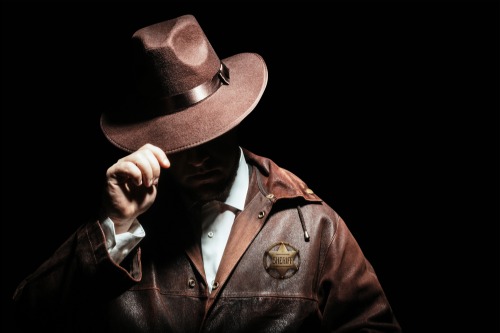
Tipping your hat wasn’t just a polite gesture—it was non-negotiable. Cowboys believed in maintaining respect for women, especially in rough-and-tumble towns where courtesy was often in short supply. A failure to do so could earn you a bad reputation—or worse, a fistfight.
7. Share the Trail with Strangers

On the open range, there was no room for road rage. Cowboys were expected to share trails and water sources without quarrel. It was a simple matter of mutual survival—disputing over a trail could leave both parties in dire straits if it delayed them too long.
8. Avoid Whistling at Night

Whistling after dark was considered bad luck—or worse, an invitation for trouble. Many believed it could summon evil spirits. Even for the less superstitious, a loud whistle might spook the horses or alert predators.
9. Keep Your Word, No Matter What

A cowboy’s word was his bond. Breaking a promise could ruin a man’s reputation, and in the close-knit cowboy world, that was as good as social exile. If you said you’d deliver cattle or stand watch, you’d better do it, rain or shine.
10. Always Carry a Bandana

It wasn’t just for fashion—a bandana was a cowboy’s Swiss Army knife. You could use it as a dust mask, a tourniquet, or even a sling for a broken arm. Not having one was like heading out without your hat—practically unthinkable.
11. Offer a Stranger a Meal
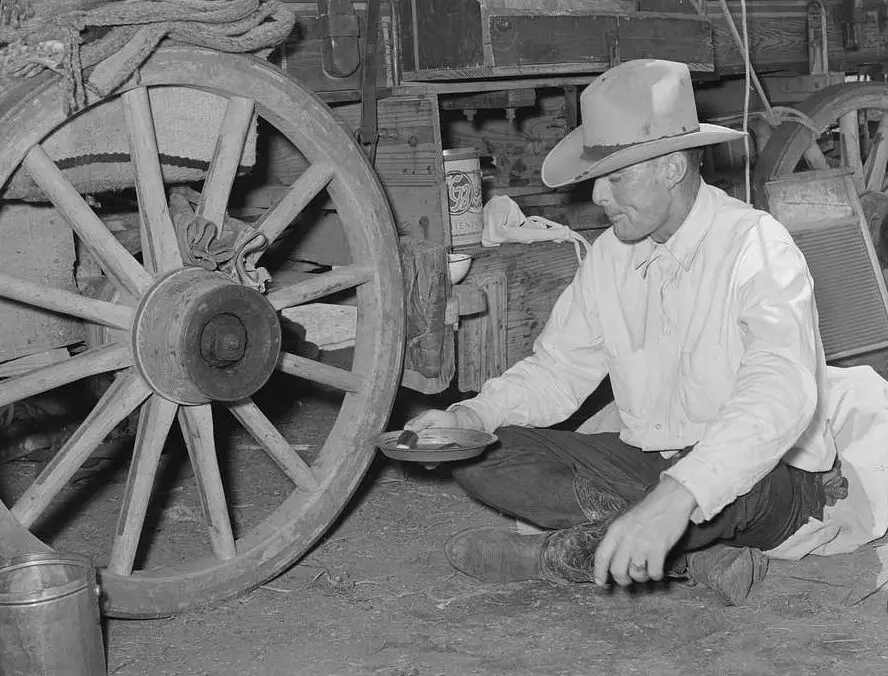
Hospitality was sacred on the frontier. A traveler might go days without food, so sharing your provisions wasn’t just kind—it was often lifesaving. Turning someone away could earn you a reputation as cruel or selfish, a big deal in a world where neighbors often relied on each other.
12. Always Close the Gate
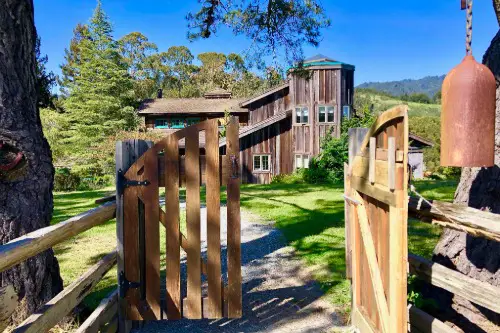
If you rode through someone’s gate, it was an unspoken rule to close it behind you. This wasn’t just manners—it was about survival. Leaving a gate open could let livestock escape, which could be disastrous for ranchers relying on their herds for income and food.
Cowboy life was rugged and unpredictable, but these quirky rules helped maintain order in a wild and untamed world. From respecting another man’s horse to never leaving the coffee pot empty, it’s clear that even in the chaos of the West, there was a method to their madness.


